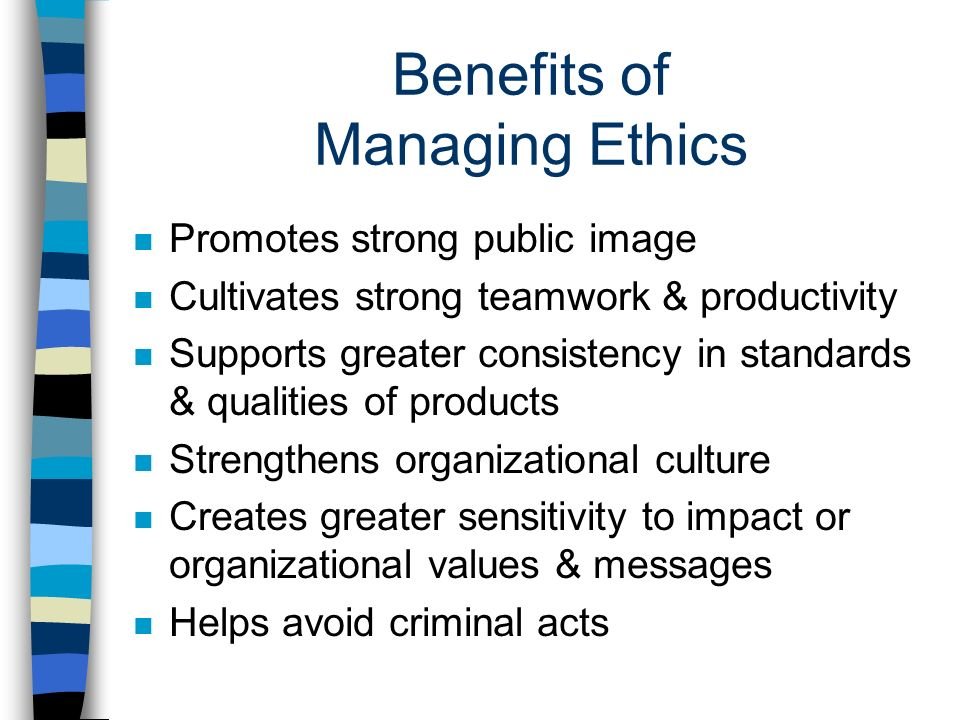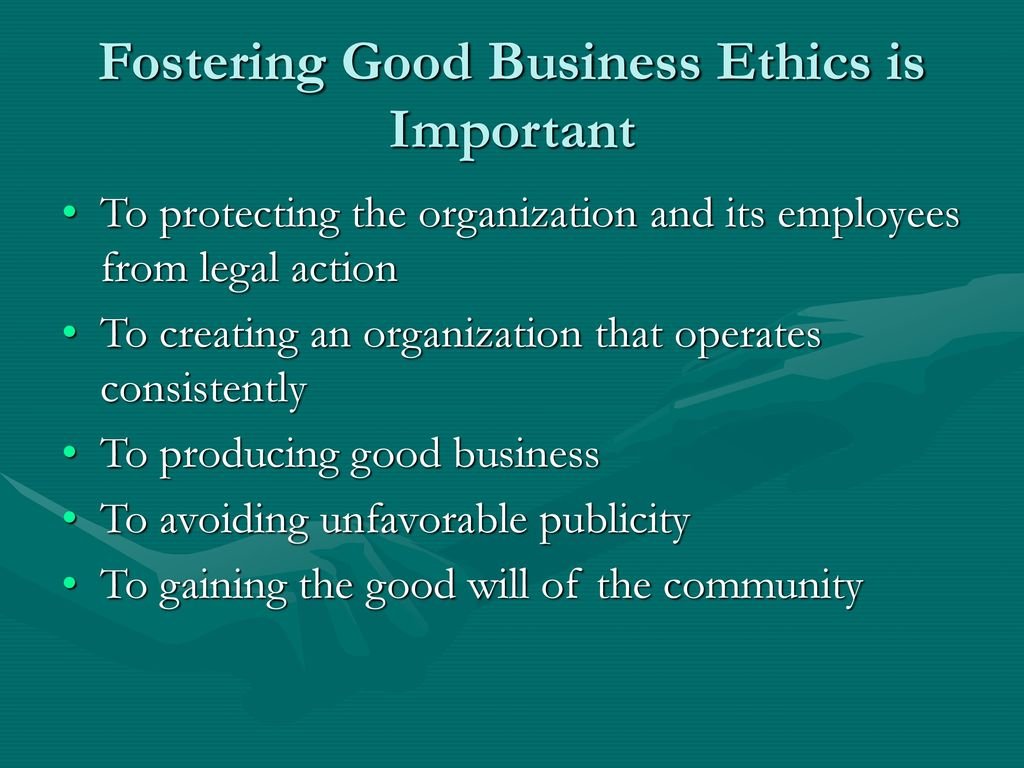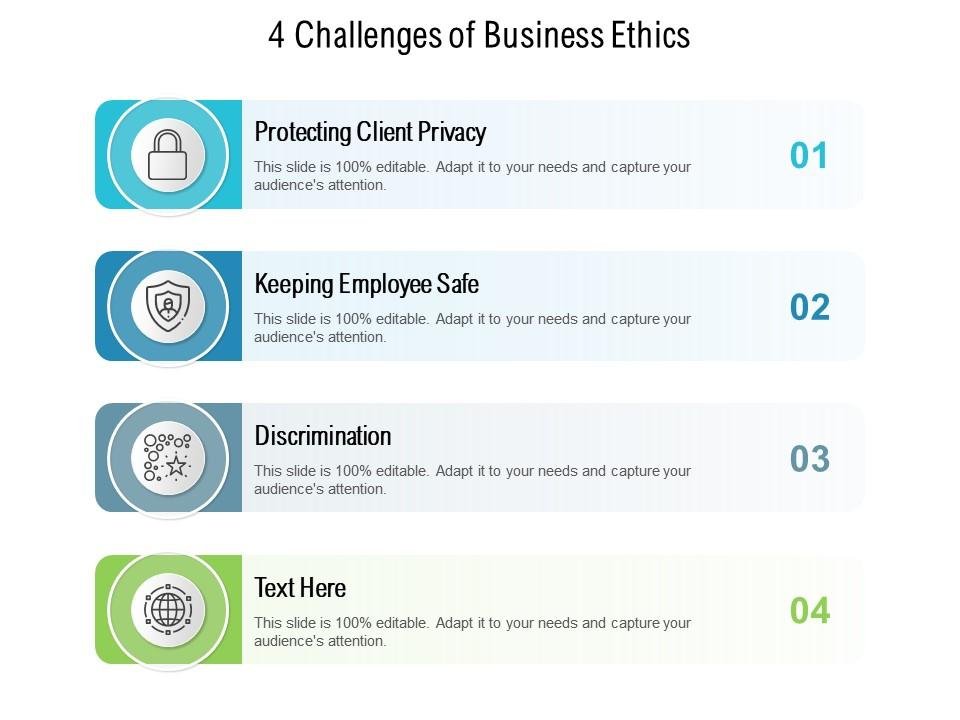Corporate Ethics: The Significance, It’s Impact and Benefits, Challenges and 5 Measures To Foster An Ethical Environment.

Corporate Ethics:
Corporate ethics play a pivotal role in shaping the culture, reputation, and sustainability of a business. As organizations strive for success, the importance of ethical practices cannot be overstated. This article explores the significance of corporate ethics, its impact on various stakeholders, and the measures companies can take to foster an ethical environment.

Understanding Corporate Ethics
Corporate ethics refer to the moral principles and values that guide the behavior of individuals within an organization. It involves making decisions that align with integrity, fairness, and responsibility. Ethical considerations extend beyond mere compliance with laws and regulations, encompassing a commitment to doing what is right even when not explicitly required.

Stakeholders and Corporate Ethics
One of the fundamental aspects of corporate ethics is its impact on stakeholders. Stakeholders include employees, customers, investors, suppliers, and the broader community. A company’s ethical conduct directly influences these groups, contributing to its overall reputation and success.

1. Employees
Ethical practices within a corporation significantly affect employees. A workplace that prioritizes fairness, equality, and honesty fosters a positive and inclusive culture. This, in turn, boosts employee morale, engagement, and productivity. Ethical treatment of employees involves providing fair wages, ensuring a safe working environment, and promoting equal opportunities.
2. Customers
For customers, corporate ethics influence their purchasing decisions. A company known for ethical practices is likely to gain customer trust and loyalty. Transparent communication, honest marketing, and commitment to quality contribute to a positive customer experience. Conversely, unethical behavior, such as misleading advertising or product manipulation, can lead to reputational damage and loss of customer trust.
3. Investors
Investors are keenly observant of a company’s ethical stance. Ethical behavior enhances investor confidence, as it signals a commitment to long-term sustainability. Companies that prioritize ethical practices are seen as less prone to legal and reputational risks, making them more attractive to investors. Conversely, unethical conduct can lead to financial losses and damage a company’s market value.
4. Suppliers
A commitment to corporate ethics extends to the treatment of suppliers. Fair and ethical practices in the supply chain involve paying suppliers promptly, ensuring fair working conditions, and promoting environmental sustainability. Companies that engage in ethical sourcing contribute to a positive industry ecosystem, building strong relationships with suppliers.
5. Community
The impact of corporate ethics extends beyond the organization itself to the community in which it operates. Ethical businesses actively engage in corporate social responsibility (CSR) initiatives, supporting local communities through philanthropy, environmental conservation, and social welfare programs. This involvement enhances the company’s reputation and fosters a positive relationship with the community.

Benefits of Corporate Ethics

Embracing corporate ethics brings about a multitude of benefits for businesses.
1. Enhanced Reputation
A reputation for ethical conduct is a valuable asset for any company. A positive public image not only attracts customers but also helps in attracting top talent and forging strong partnerships.
2. Employee Satisfaction and Retention
An ethical workplace promotes employee satisfaction and retention. When employees feel valued, treated fairly, and believe in the company’s values, they are more likely to stay with the organization, reducing turnover costs.
3. Customer Trust and Loyalty
Customers are more likely to trust and remain loyal to a company with a reputation for ethical behavior. Transparency, honest communication, and commitment to quality contribute to building lasting relationships with customers.
4. Attraction of Investors
Investors are increasingly considering ethical practices as a crucial factor in their investment decisions. Companies with a commitment to corporate ethics are more likely to attract sustainable and responsible investment.
5. Legal and Regulatory Compliance
Adhering to ethical standards often aligns with legal and regulatory requirements. Companies that prioritize ethics are better equipped to navigate the complex landscape of laws and regulations, reducing the risk of legal issues.

Fostering Corporate Ethics
Establishing and maintaining corporate ethics requires a proactive approach and a commitment from leadership.

1. Clear Ethical Policies
Developing and communicating clear ethical policies is foundational to fostering a culture of integrity. These policies should address various aspects of business conduct, such as anti-corruption measures, fair employment practices, and environmental responsibility.
2. Ethical Leadership
Leadership plays a pivotal role in shaping the ethical culture of an organization. Leaders should lead by example, demonstrating honesty, transparency, and accountability in their decision-making. When leaders prioritize ethics, it sets the tone for the entire company.
3. Employee Training
Educating employees on ethical standards and providing regular training reinforces the importance of ethical behavior. This includes raising awareness about potential ethical dilemmas and providing guidance on how to navigate them.
4. Whistleblower Protection
Establishing a robust whistleblower protection program encourages employees to report unethical behavior without fear of retaliation. This mechanism creates a culture of accountability and transparency.
5. Monitoring and Enforcement
Regular monitoring of ethical practices and enforcing consequences for violations are essential for maintaining a strong ethical framework. This includes conducting audits, investigations, and taking corrective actions when necessary.

Challenges in Upholding Corporate Ethics

While the benefits of corporate ethics are evident, organizations face challenges in consistently upholding ethical standards.
1. Complexity of Global Operations
Companies operating on a global scale encounter diverse cultural norms and legal landscapes. Adapting ethical practices to align with various regions while maintaining a cohesive global approach presents a challenge.
2. Short-Term Pressures
The pressure to achieve short-term financial goals can sometimes lead to compromises in ethical decision-making. Balancing long-term sustainability with immediate financial pressures requires a strategic and principled approach.
3. Lack of Accountability
In some cases, a lack of accountability mechanisms can contribute to unethical behavior going unchecked. Establishing clear accountability structures is crucial for addressing ethical lapses promptly.
4. Rapid Technological Advances
The rapid pace of technological advancements introduces new ethical challenges. Issues related to data privacy, artificial intelligence, and automation require ongoing ethical considerations and adaptability.

Conclusion
Corporate ethics form the bedrock of a sustainable and responsible business environment. The impact of ethical practices extends beyond financial success, influencing the well-being of employees, relationships with customers and investors, and the overall reputation of the company. By prioritizing ethical behavior, businesses contribute not only to their own success but also to the betterment of the communities they serve. Upholding corporate ethics requires a concerted effort from leadership, clear policies, ongoing training, and a commitment to accountability. In a world where transparency and social responsibility are increasingly valued, businesses that prioritize ethics are poised for long-term success and positive societal impact.














